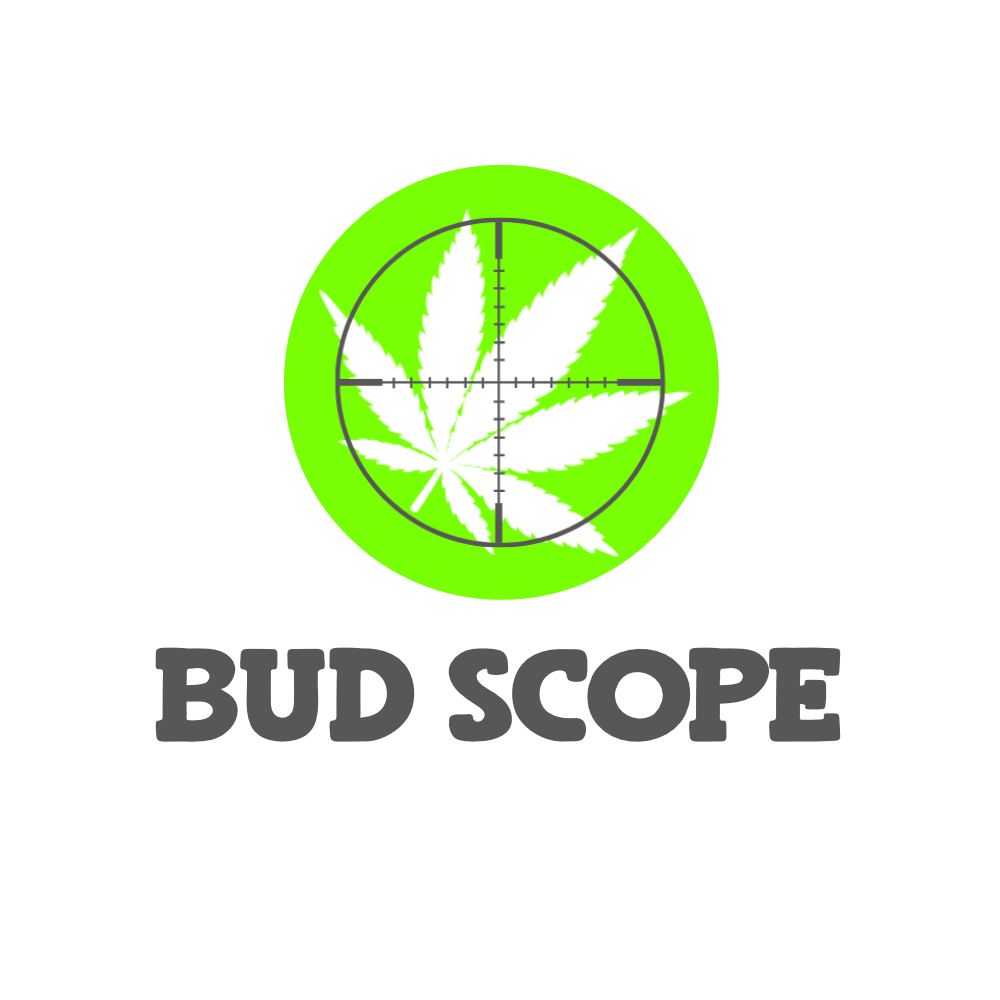Flower Anatomy and Development
- Etymology traces flower terminology evolution
- Morphology details vegetative and reproductive parts
- Perianth components and variations in floral structure
- Development stages from shoot to meristem to inflorescence
- Transition to flowering and genetic models for organ development
Reproductive Function of Flowers
- Reproductive parts like androecium and gynoecium
- Heterosporous nature producing microspores and megaspores
- Pollination process involving sperm transfer for reproduction
- ABC model genes responsible for flower development
- Loss of gene function leading to aberrant flower development
Pollination Mechanisms and Relationships
- Biotic and abiotic pollination methods
- Cross-pollination vs. self-pollination impacts
- Pollinator relationships and coevolution with flowers
- Attractant methods like mimicry, nectar production, and color
- Specific pollinator relationships crucial for plant survival
Self-Pollination and Preventing Self-Pollination
- Self-pollination benefits and drawbacks
- Allergenicity of pollen and its impact on human health
- Fertilization process involving synagmy and double fertilization
- Strategic self-pollination in plants like Clianthus Puniceus
- Mechanisms to prevent self-pollination for genetic diversity
Environmental Impact and Adaptations
- Climate change increasing pollen production and allergenicity
- Fertilization process from pollen transfer to zygote formation
- Strategic adaptations like self-pollination in absence of pollinators
- Methods to prevent self-pollination for genetic diversity
- Importance of pollination for plant reproduction and survival
Flower Data Sources
| Reference | URL |
|---|---|
| Glossary | https:/glossary/flower |
| Wikipedia | https://en.wikipedia.org/wiki/Flower |
| Wikidata | https://www.wikidata.org/wiki/Q506 |
| Knowledge Graph | https://www.google.com/search?kgmid=/m/0c9ph5 |
| DBPedia | http://dbpedia.org/resource/Flower |
| Product Ontology | http://www.productontology.org/id/Flower |
